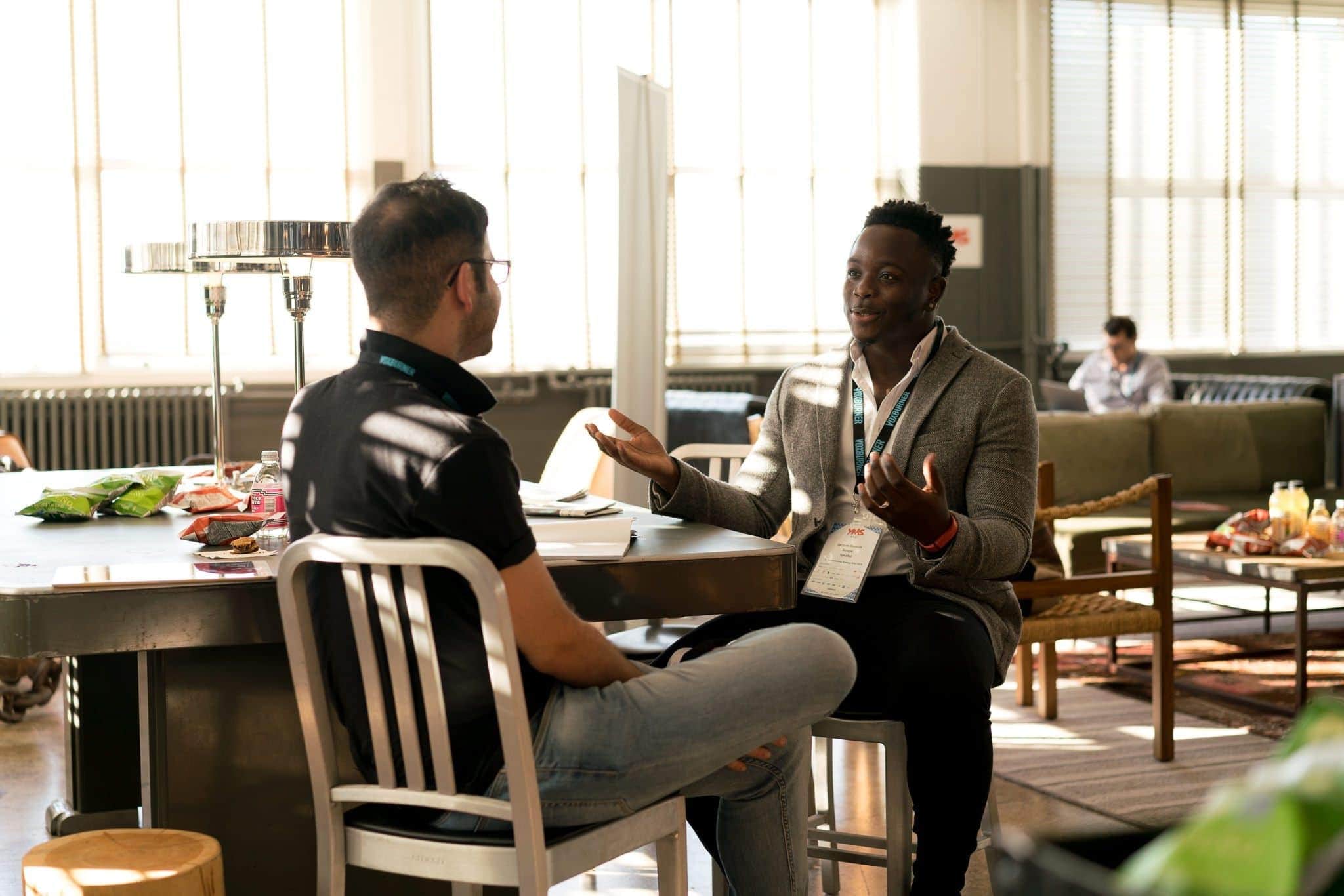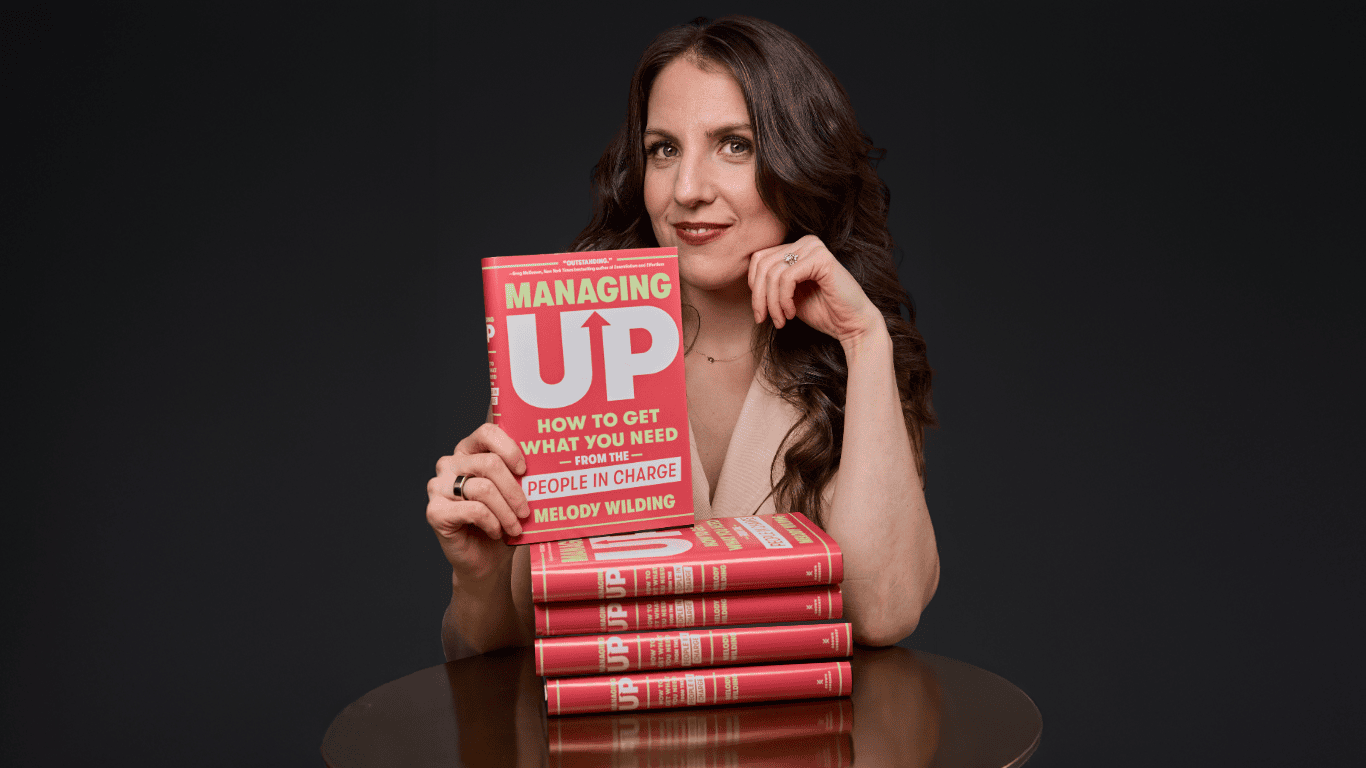Many readers have reached out asking how to have conversations about injustice with your teams following George Floyd’s murder and protests across the country and world. You may be curious about what actions you can take towards allyship and anti-racism in your workplace.
Right now I believe it’s important to amplify underrepresented voices instead of my own. And I don’t take this responsibility lightly. Given my training as a social worker, I have an ethical duty to pursue social change, promote sensitivity, and provide access to needed information.
To that end, here are a few resources you can use to have empowering conversations during the days, weeks, and months ahead.
Resources
- 5 Do’s and Don’ts for white leaders and colleagues discussing racism at work by Dynasti Hunt
- What to Do If Your Company Has Been Silent About George Floyd, Protests, and Racism in America via The Muse
- George Floyd And Racism: 5 Conversations Credible Leaders Must Have In This Moment by Terina Allen
- How to support your Black colleagues via LinkedIn
Podcasts
- Confronting Racism with colleagues via Morra Aarons Mele with Benish Shah and Amelia Ransom, SPHR
- Advocating for Diversity and Equity in the Workplace with Jessica Sharp on Bossed Up with Emilie Aries
- How to Be an Antiracist with Ibram X. Kendi on Brené Brown’s Unlocking US
You can find an ongoing list of anti-racist resources inside my free, private community The Haven. I have committed to making The Haven a safe, anti-racist space so if need a place to find support right now, then please join us.
Why is this important?
Team leaders and professionals have an obligation to examine and begin dismantling overt and covert racism present in our workplaces (and homes). As a Sensitive Striver and member of this community, I hope you will vow to face such conversations with courage and vulnerability. While they will be uncomfortable, they are necessary and the only path forward.
Plus, there is no one better than us sensitive folks to hold space and educate others from a big-hearted, empathetic, empowered place. We are able to spot nuance and understand systems (however unjust) at a level others don’t, which uniquely equips us to be part of this change.
Please use your superpowers for good.




